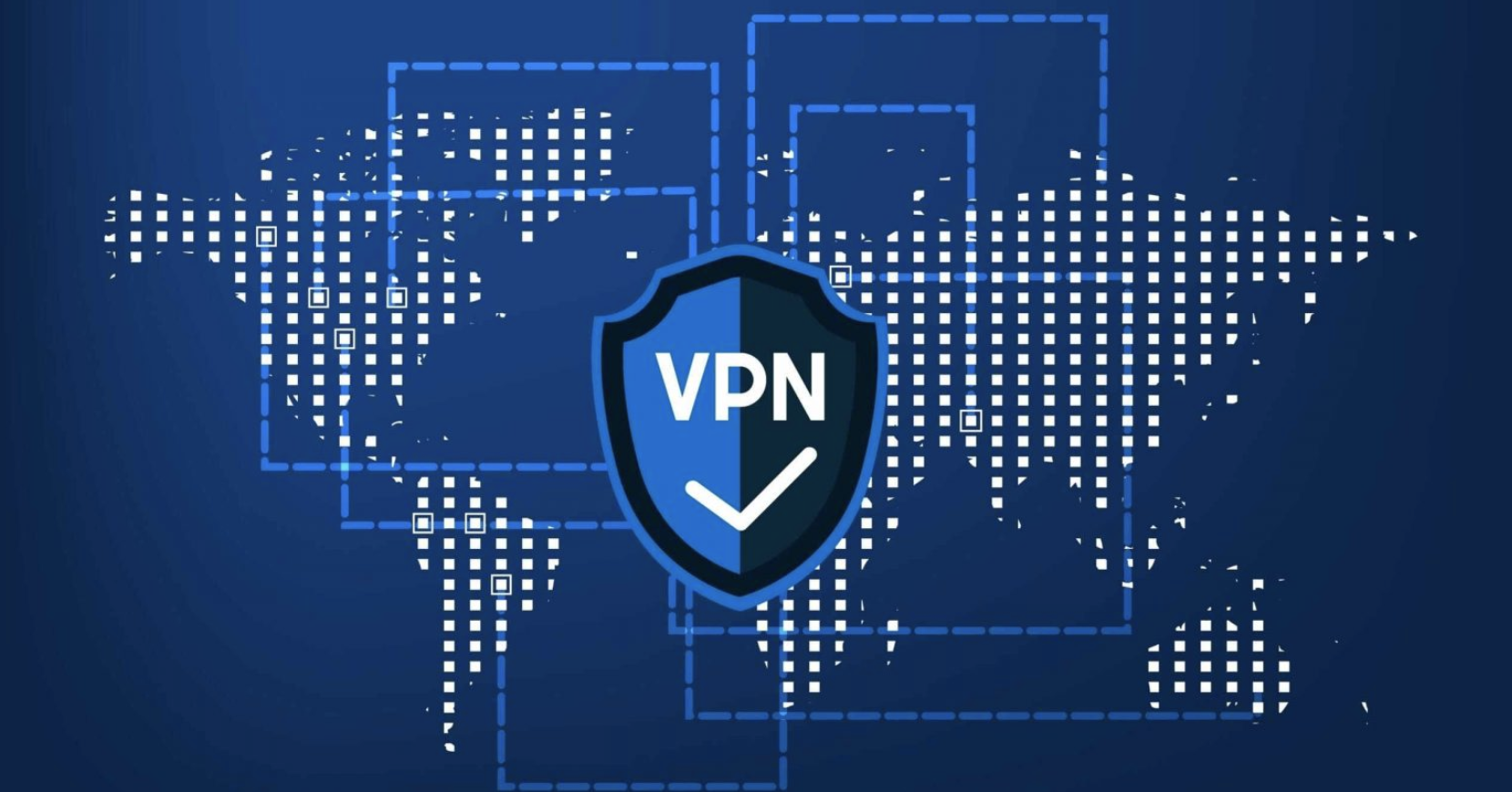In an era where everything from grocery shopping to government services is conducted online, the concept of privacy has evolved—and with it, the risks have multiplied. Digital privacy isn’t just about hiding passwords or clearing your browsing history. It’s about control. Control over your data, your identity, and your freedom. And in 2025, this control is under siege.
Why Digital Privacy Is No Longer Optional
Every click, swipe, or location ping contributes to a data trail—one that’s often collected without your explicit consent. In fact, a 2024 survey by the Pew Research Center revealed that 81% of Americans feel they have little or no control over the data companies collect about them. This isn’t a fringe concern anymore; it’s a daily reality.
Data brokers sell information to advertisers. Platforms scrape behavioral data for AI training. Hackers exploit vulnerabilities to access everything from health records to banking credentials. Even governments in democratic nations are implementing surveillance programs under the guise of “national security.”
In this environment, not protecting your digital privacy is equivalent to leaving your front door wide open.
Surveillance Capitalism and the Erosion of Trust
Big Tech operates on a surveillance-based model. The more they know about you, the more profit they make. Ever wonder why an ad for hiking boots appears five minutes after you talk about them? It’s not magic. It’s algorithms fed by data—your data.
This has led to a trust crisis. According to Edelman’s 2024 Trust Barometer, only 43% of people globally trust that technology companies will do what’s right. That’s less than half. Meanwhile, misinformation, manipulative content, and personalized echo chambers are engineered to keep you scrolling—and sharing even more.
Trust is collapsing, and privacy is the casualty.
Everyday Threats, Real-World Consequences
Think digital privacy breaches are abstract? Think again.
A leaked location history could endanger domestic violence survivors. A compromised health app could lead to insurance discrimination. Even something as simple as a hacked email account can trigger identity theft, financial loss, and emotional distress.
And it’s not rare: cybercrime cost the global economy over $10.5 trillion in 2023, up from just $3 trillion in 2015, according to Cybersecurity Ventures. This isn’t just tech talk—it’s a humanitarian concern.
Practical Protections: VPNs, Encryption, and Beyond
So, how do you fight back?
- Use a VPN (Virtual Private Network) to encrypt your internet connection, especially on public Wi-Fi.
- Enable end-to-end encryption on all messaging apps.
- Audit your app permissions regularly—you’d be surprised how many are tracking your location in the background.
- Install security updates the moment they’re available.
- Opt out of data sharing when possible. (Yes, even those annoying cookie notices.)
These are not extreme measures. They’re modern survival skills.
Digital Faxing: Private and Secure Communications
While emails and cloud documents dominate modern communication, digital faxing has made a surprising and secure comeback, especially for those who deal with sensitive information. One reliable tool in this domain is the FAX from iPhone: Fax App. This fax app allows users to send and receive faxes directly from their smartphones—without printing, scanning, or risking exposure through email. iPhone Fax technology allows you to optimize document management and reduce costs associated with a fax machine.
With encryption baked into the process and no reliance on potentially compromised office equipment, it’s an efficient and discreet way to transfer personal or professional documents. For legal, healthcare, and financial use, digital faxing through secure apps offers a level of privacy that mainstream tools often lack.
Privacy Legislation: Progress or Illusion?
Some progress has been made. Europe’s GDPR has forced companies to rethink how they handle user data. In the U.S., states like California (CCPA) and Colorado (CPA) have introduced stricter privacy laws. However, enforcement is patchy, and loopholes are abundant.
Globally, the push for more robust protections continues, but many countries still lack even the basic frameworks to defend their citizens’ digital rights. Until policy catches up with technology, the burden falls on users to protect themselves.
The Human Side of Privacy
Privacy is not about paranoia. It’s about dignity. Autonomy. The freedom to think, to explore, and to dissent without fear of profiling or retaliation.
When someone controls your data, they control your narrative. And when privacy erodes, so does freedom. That’s why digital privacy isn’t just a tech issue—it’s a civil rights issue.
The Future: A Choice Between Control and Chaos
The battle for privacy won’t be won in a courtroom or a corporate boardroom. It will be won—or lost—by everyday users making informed decisions. By citizens demanding better laws. By technologists building platforms that respect boundaries.
As artificial intelligence, biometric tracking, and data analytics become more invasive, the stakes will only get higher. But with vigilance, education, and the right tools, digital privacy can still be preserved.
You don’t have to be invisible. But you should be in control.


















